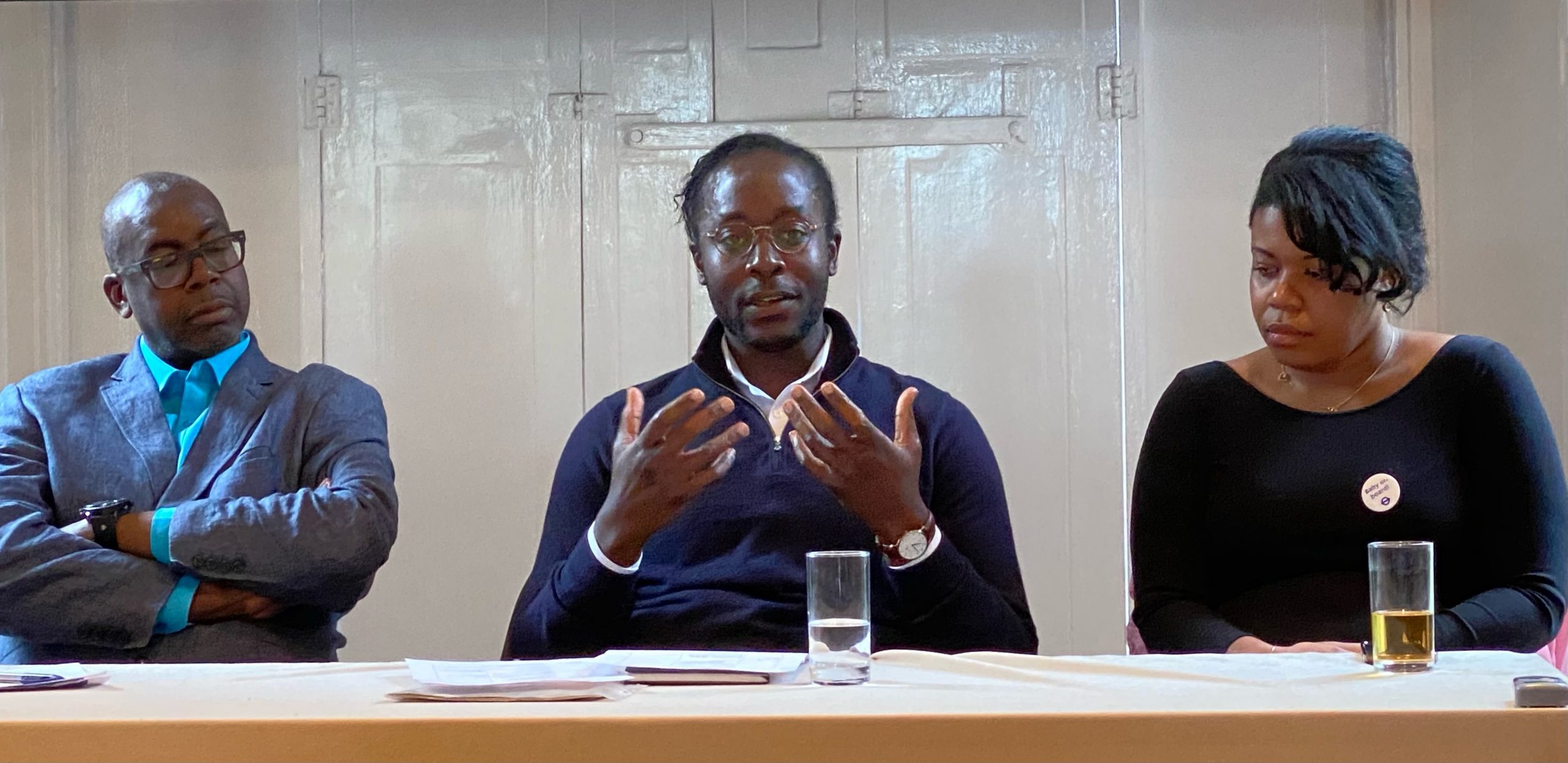Last week, we held a ‘Ethnic Inequalities in Mental Health’ symposium, where we heard from a truly inspirational panel of three speakers:
- Patrick Vernon OBE, Non-Executive Director for Birmingham and Solihull ICS and Chair of Walsall Together and a nationally regarded expert in tackling health inequalities and ethnic minority communities
- Sanisha Wynter, a Diversity and Inclusion consultant, who advocates for marginalised people in the workplace and communities
- Simon Arday, a senior mental health nurse, who has extensive experience in discussing mental health and inequalities
We had some thought-provoking discussions about the urgent need to deliver change in mental health.
When accessing mental health services, ethnic minorities face a raft of challenges
Mental health services are under an immense amount of strain across the country. Access to treatment is generally getting worse and waiting lists are increasing. The consequences of these challenges place an even stronger burden on the shoulders of ethnic minorities, who often have more specific or complex needs (with wider determinants of health like housing and deprivation also having an impact).
The challenges do not stop there. Mental health still carries a huge stigma, but this can be particularly acute within some communities – supporting people to seek help is an enormous challenge and the longer this goes on, the more likely an individual is to enter into crisis.
When ethnic minorities are having a mental health crisis, quite often their specific needs are not recognised, or are not understood well enough. This lack of understanding can result in ethnic minorities not receiving the treatment they require, bounced around between different services and, in disproportionately high numbers, can be sectioned.
This is exacerbated by a lack of representation across leadership positions, which means that the spread of knowledge around how to treat these individuals is diminished. Combined – this has a hugely negative impact on the level of trust that exists between service users and the services that are supposed to be helping them.
There are solutions to the problems, but they require bold action
To build trust, mental health reform has to bring patients’ voices into the centre of what we do. There needs to be a fundamental reimagining of the relationship between services, communities and individuals – with service users actively inputting into the transformation and delivery of services. Straight-forward steps such as having service users represented on Trust boards would prove immensely valuable.
We should approach mental health care from a place of curiosity and not a place of deficit. Instead of emphasising how much we do not know about providing care to communities of colour, especially Black communities, we should be asking people for their stories and narratives, treating patients as experts in their own care.
The development of ICSs also offers an opportunity to bake equity into the whole system, not just as an additional consideration. Focusing on place-based care can allow us to collect higher-quality data and have our ears on the ground, by including community organisations such as faith and youth groups in the conversations.
Representation and inclusion are important. For staff working within the NHS, there is immense power in seeing yourself reflected in leadership positions. In addition, greater representation at all levels can drive improvements in clinical standards for ethnic minorities and build greater trust between services and users.
Everyone plays a part in ending stigma, discrimination and racism in mental health services. We can all be careful in the language that we use and be bold in identifying and calling out racism as and when we see it. We can only truly tackle these challenges if we are honest about the causes, even if this causes discomfort or controversy.



